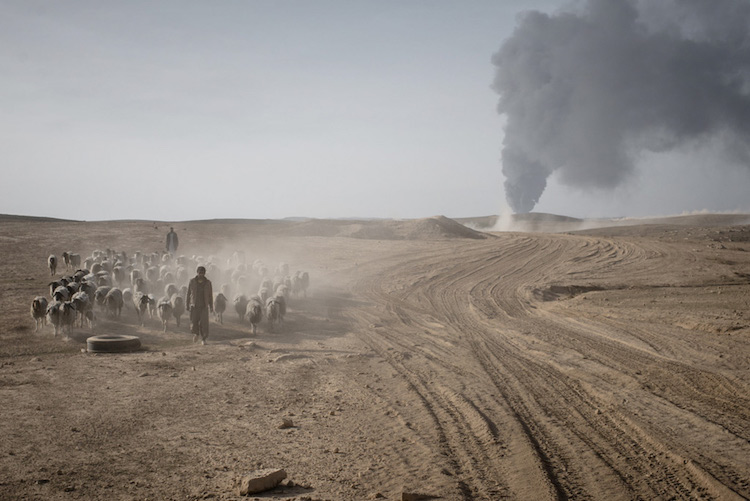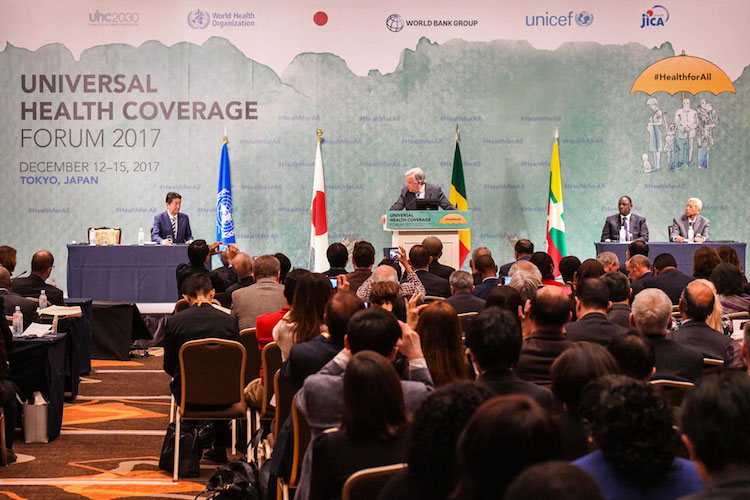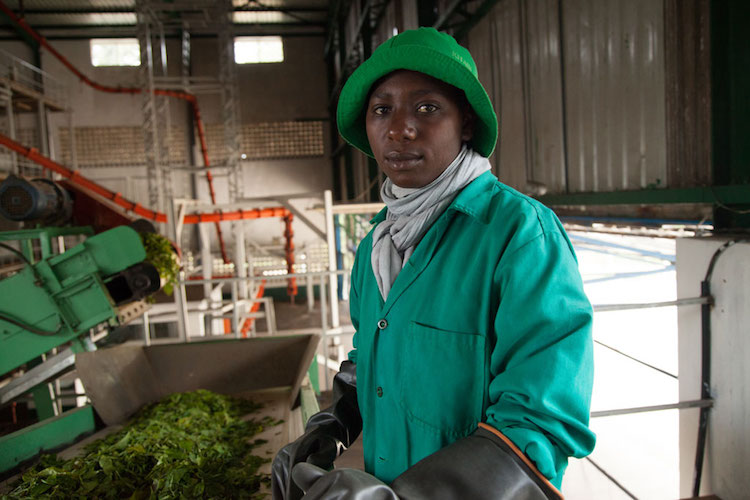
Conflict and Crises Impeding Efforts to Eradicate Hunger
By Santo D. Banerjee
NEW YORK (IDN) – Strife and violence in some countries in the Near East and North Africa are casting a shadow on prospects for Zero Hunger across the entire region by 2030, according to a new report.
The 2017 edition of the Regional Overview of Food Security and Nutrition in the Near East and North Africa (NENA) by FAO, the Food and Agriculture Organization of the United Nations, throws limelight on how ongoing conflicts and protracted crises are opening a wide “hunger gap” between countries being affected by intensified violence and those that are not.
NENA countries include, Algeria, Bahrain, Egypt, Iran, Iraq, Jordan, Kuwait, Lebanon, Libya, Mauritania, Morocco, Oman, Qatar, Saudi Arabia, Sudan, Syria, Tunisia, the United Arab Emirates and Yemen.…


















